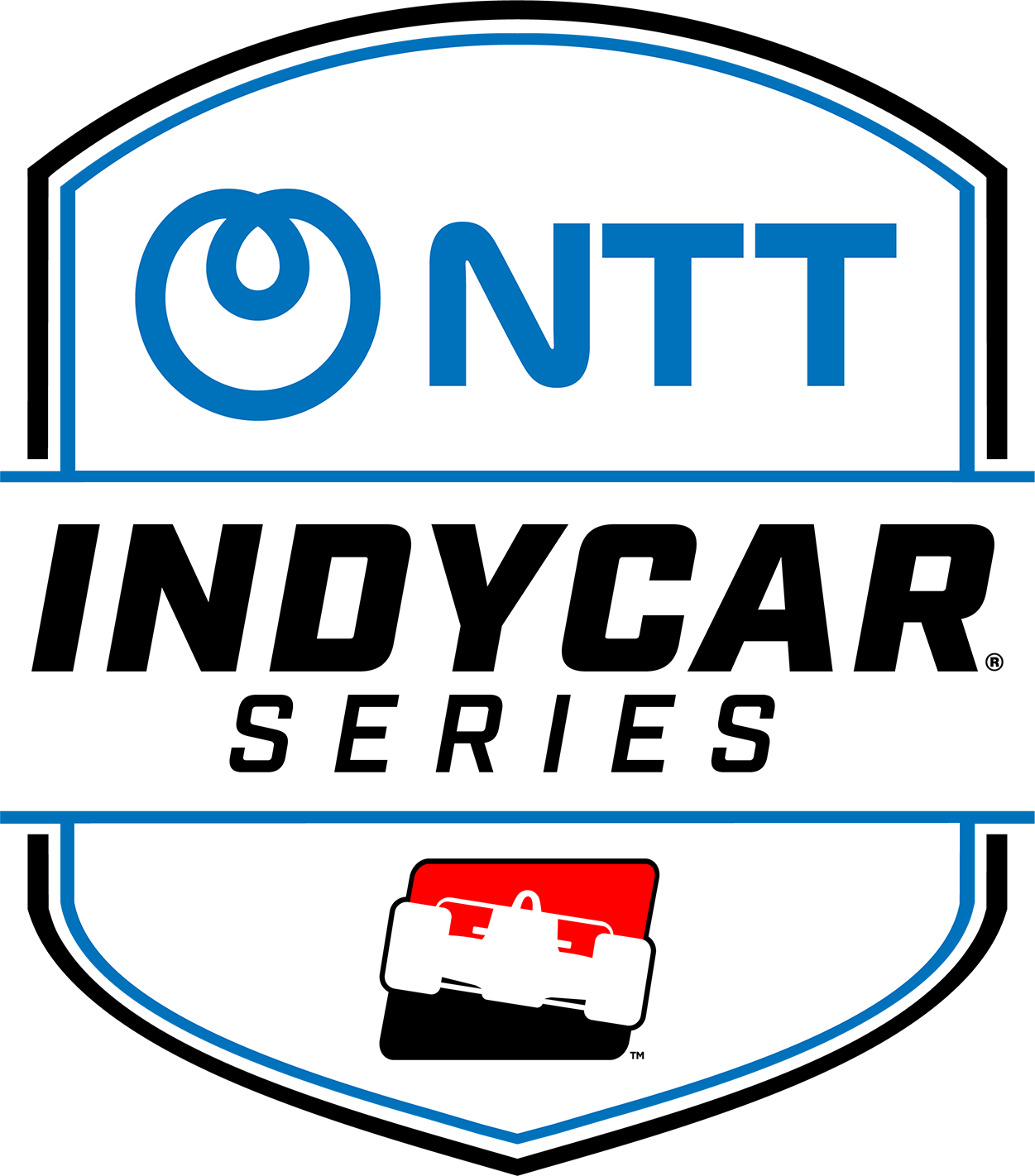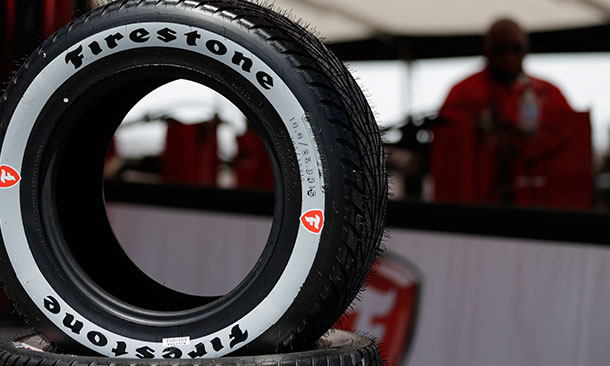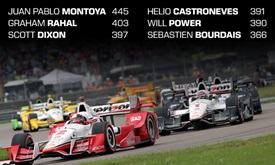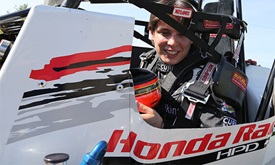New rain tire will gain traction with teams
JUL 27, 2015
Spectators, TV viewers and Verizon IndyCar Series teams will be able to better distinguish which cars are running Firestone Racing’s new rain tire by its gray sidewalls, which complements the red stripe on the alternate tires for road and street courses.
The rain tires will be available this weekend at the Honda Indy 200 at Mid-Ohio.
Beyond the packaging, the year-long development process utilized state-of-the-art technologies to meet the goals of safety, reliability and raceability on a variety of wet surfaces. The tread pattern and tread depth are the same as the previous rain tires introduced in July 2014.
“There are a lot of things we’re doing behind the scenes to make sure we’re putting the best possible product on the racetrack. For the first time, we used a lot of our company’s internal tools to look at the compound on a small scale,” said Dale Harrigle, chief engineer for Bridgestone America’s Motorsports and manager of race tire development.
Experimental compounds were run through a wet friction test to evaluate which had the most wet traction. Then a handful of tires were built and taken to Bridgestone’s proving grounds in Texas for wet traction testing in addition to “other machines in-house that we can run full-size tires on to evaluate wet traction,” Harrigle said.
“We took all of those tests and boiled it down to which compound performed the best and that’s the compound we picked for this rain tire,” he added.
Verizon IndyCar Series teams provided data of typical loads and speeds on wet road/street courses, which was instrumental in developing the tire construction.
“We optimized the tire to better fit wet conditions. We did that virtually through 48 different simulation cases on the front and rear tires and came up with the construction we wanted to use,” Harrigle said.
“The key features of this new rain tire is it’s a new tread compound optimized for wet grip. A silver stripe was added to the sidewall so it’s easier for the fans and teams to identify who is on rains, who is on primaries and who is on alternates.”
Harrigle said he expects rain tire wear to be about the same as the previous rain tires, which had a softer compound.
“A lot of it is surface-dependent,” he said. “It will be a learning process for teams and drivers. The biggest challenge for us is the concrete, which is smooth.”
The forecast for the race weekend is sun with temperatures in the mid-80s.



















